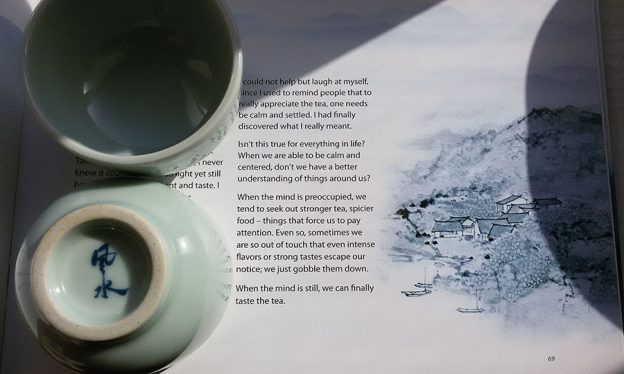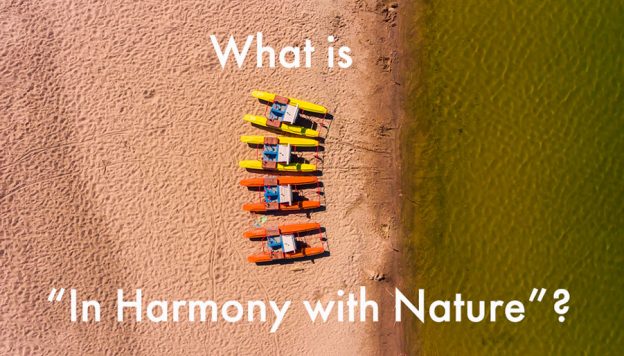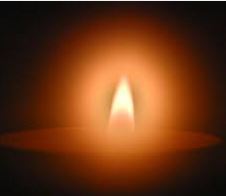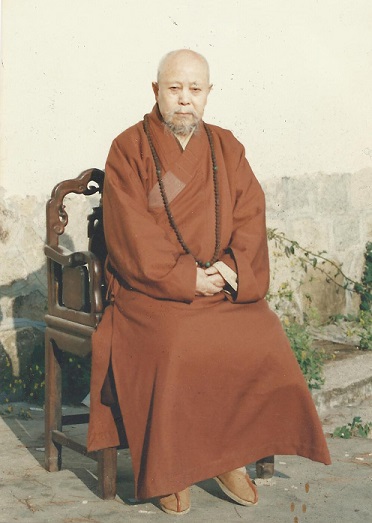Vegetarianism has been a popular topic among nutritionists and spiritual seekers, as well as in political circles. About 400 million people, roughly 6% of the world population, claim to be vegetarian. Their reasons are varied, from seeking better health to adhering to cultural and religious codes, to respecting sentient life. One question I often hear is, “How important is vegetarianism on the spiritual path?”
There is no shortage of arguments on this question. It has been split between vegetarianism vs. non-vegetarianism for those on a spiritual path. Both sides of the issue have solid logic, but neither side’s arguments are all-encompassing. To blur the matter even more, among vegetarianism there are several categories, including ovo-vegetarian, lacto vegetarian; ovo-lacto vegetarian, vegan vegetarian, fruitarian, etc.
How do we view this from a natural principle perspective? Natural principle is universally applicable; it should be simple, easy and economical without effort. Any rule that is not universal or is overly complicated, is not in alignment with natural principles. Therefore, neither argument on the matter aligns with natural principles. To address this issue, we must expand the scope of the argument. We need to move to a higher dimension, to see things from different perspective.
Nature does not force things to happen in a particular way. Vegetarianism, even with its good supporting reasons, does not apply to all. To force someone to be one way is not proper on any path. So to answer this question, I would say: It is important to be a vegetarian only if it is one’s path. To adopt a value or another person’s belief because it seem beneficial to that person, does not mean that it will be beneficial to you.
There are those for whom vegetarianism represents respect for life, which shows a sensitive understanding of nature and a beautiful balance. However, there are others for whom the service they need to offer to this planet and the work they need to do requires healthy nourishment and for this reason, they are able to eat meat. Both paths are spiritual, depending on the person who would walk them.
There are many vegetarians who live with hatred in their hearts, making them apart even from their own brother. Though they do not kill for food, living with hatred in their hearts is, in its own way, a kind of killing. Conversely, there are highly spiritual people who because of climate, have literally no access to fruits and vegetables, and subsist only on meat they kill. So vegetarianism on its own does not constitute a spiritual path, nor does eating meat exclude one from a spiritual life. When an individual is true to the practices of his own heart and follows nature, that determines what is the right path for him. Neither eating meat nor not eating meat is spiritual in and of itself; yet both can be spiritual depending on the person. Rules should be made to guide people, not to limit people.
Above all, follow natural law to determine what diet you need. If you are in a climate that is warm, you may not need meat. However, if you are living in a very cold region, where more strength is required just to subsist, eat whatever and all that is there. Look for natural food. If there is a bird, or a fish, or an animal that is plentiful in the region and is easy for you to obtain and you feel the need for this meat, then eat it.
Yet you must always take whatever it is that nourishes you—whether that is fruit, vegetable, animal or grain—with great respect for the life that was given up to sustain your own. For we are all here to support each other and it is right that they should be your food. All you need to do in order to replenish and to restore this, is to be thankful and grateful. You must be conscious of what you are partaking and to know that another plant or another animal has given their life for you, in order to sustain you so that you may, in turn, give life to others. This is a natural cycle. It is love and as it should be. In this way, no killing is taking place.
For if there is respect for all life then there is the understanding that it does not need to be in any particular form so it cannot be ended, not with killing, not with the taking. Life, or energy, is never lost; all energy transforms from one state to another. In accord with this way of being, we can walk in balance with the earth. And in this way we are true to our path, which can be spiritual no matter what we would label it.
Indeed, many find it beneficial to be a vegetarian on their spiritual path. However, the spiritual path does not exclude those who chose to eat meat.
Enjoy living and be thankful; you are on a spiritual path.







